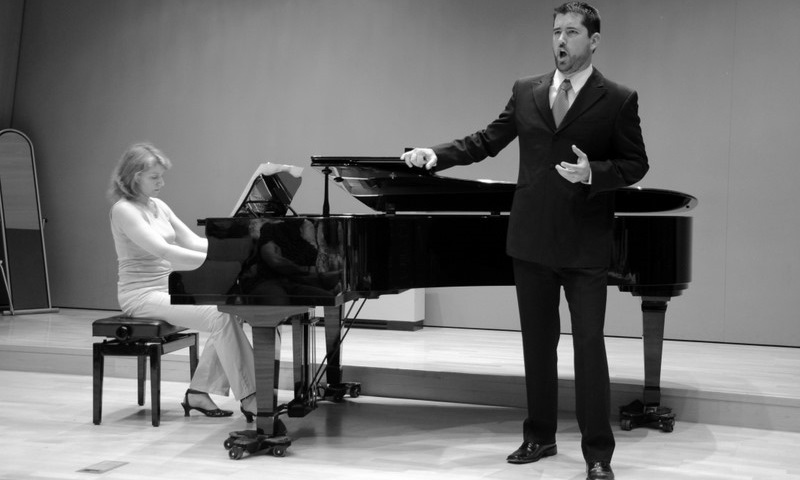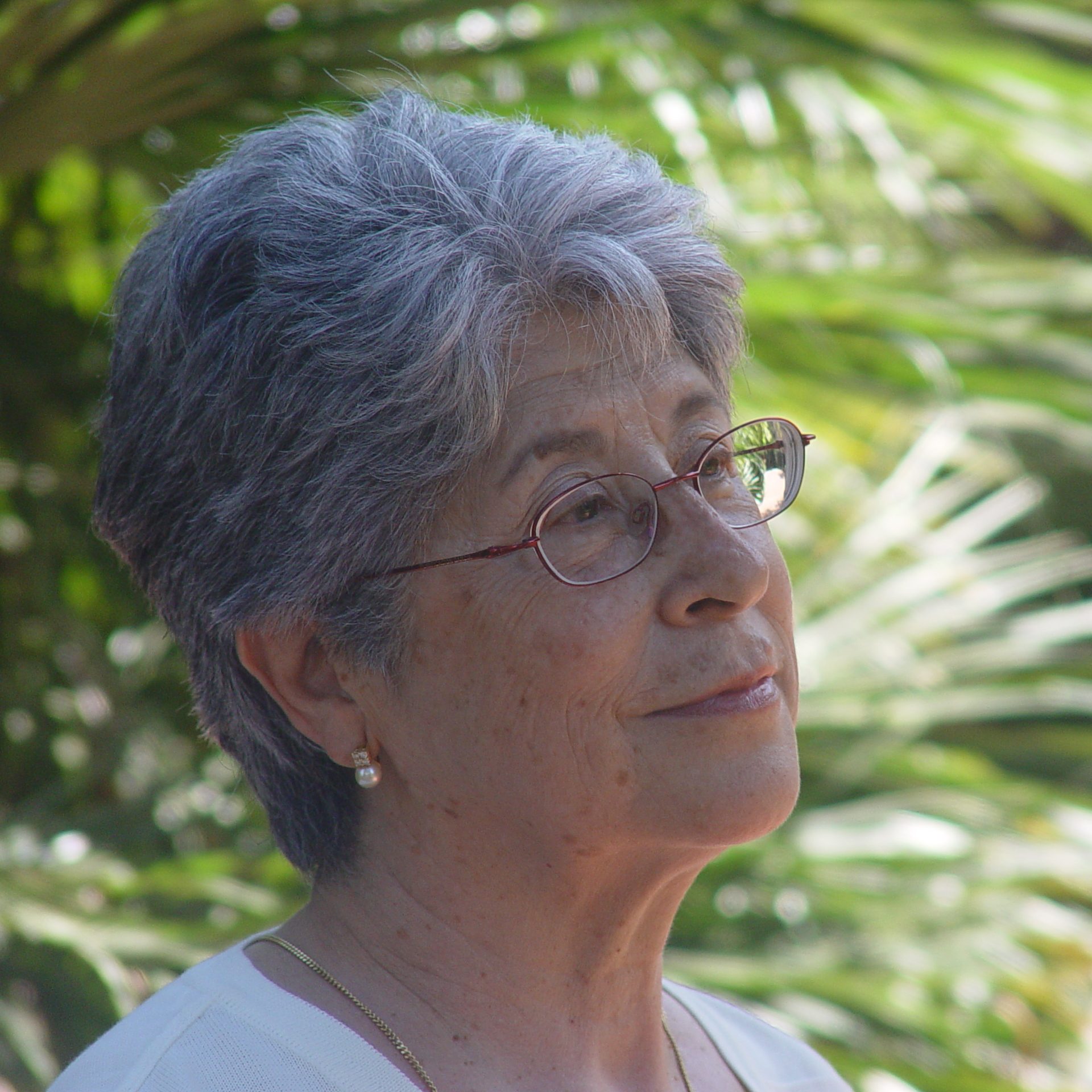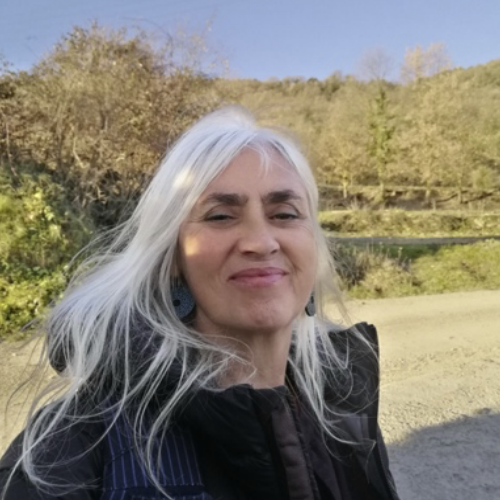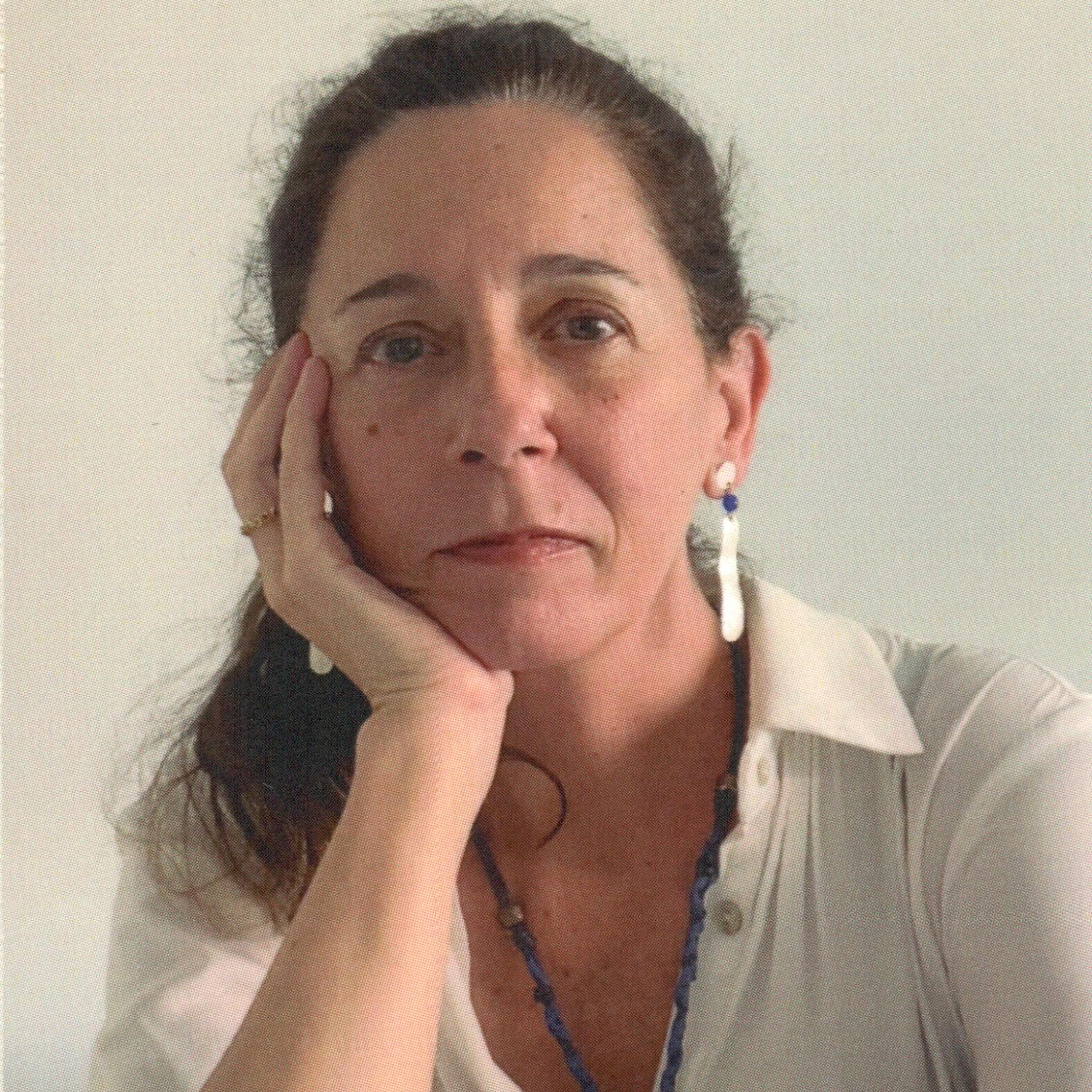XVIII The international
singing course
of Camerata
Sant Cugat
Comprehensive professional voice training
The international singing course of Camerata Sant Cugat celebrates its eighteenth edition with a program of concerts, activities and workshops that will take place in Sant Cugat from 8 to 13 July 2024.
Save a place sending an emai to [email protected]
All the information abou the course will be published on this website and posted on Instagram and Facebook
The course
Since 2004, Camerata Sant Cugat has been organizing the Sant Cugat International Singing Course. During these years, the course has established itself as a reference in the world of vocal education, and lyrical singing in particular. The event is associated with the city of Sant Cugat and two of its most emblematic buildings: the Victòria dels Àngels Municipal School of Music and the cloister of the Monastery of Sant Cugat del Vallès. During these 17 years, more than 270 active students from 14 different countries have gone through the course.
Dates
July 8 to 13, 2024
Official languages:
Catalan, Spanish and English.
Italian and French are also spoken.
Venue:
Victoria of the Angels Conservatory of Music (EMMVA)
Plaça del Centre Cultural 1
Sant Cugat, Barcelona
Camerata Sant Cugat
The course is organized by Camerata Sant Cugat, a renowned artistic company whose purpose is to promote the confluence of the different scenic disciplines, music, dance, theater and the performing arts in multidisciplinary shows.
Camerata promotes multidisciplinary technical training prioritizing the development of the voice as a fundamental element of expression.
Music is the central element of Camerata Sant Cugat’s productions on which other disciplines are combined with the aim of achieving expansion and encounter of forms.




Content:
· Vocal masterclasses
· Individual singing classes
· Individual and group work with pianist
· Breathing and body language workshops
· Daily individual Alexander Technique classes
·Group movement sessions (Alexander Technique)
· Stage interpretation seminars
· Closing concerts
· Dramaturgy workshops for the Lied and Les Cuirasses de la Veu-Métode Akiara
Aimed at:
· Professional singers
· singing students
· Choral directors
· Choral singers
· Professional music teachers
· Professional oral communicators
Levels and organization:
The course is designed for singing students and professional voice users. The program is offered at two levels: training and advanced.. The course is based on activities aimed at active students, in which the participation of listening students will be allowed.. Open lectures and two final concerts will be scheduled.
Teacher of the 2023 edition
Masters of the course

Francesca Roig, mezzosoprano

Carmen Bustamante, soprano
Vocal technique and interpretation

Jordi Casanova, tenor

Rosa Maria Conesa, soprano

Marisa Martins, mezzosoprano

Clara del Ruste, scene
Alexander technique

Nica Gimeno, Alexander technique

Laura Martínez, Alexander technique

Cecília Gassull, Akiara method

Marisa Martins, Lied Dramaturgy Workshop
Pianists

Manel J. Ruiz

Jordi Romero
Registrations
Rates
€550 active students
€320 active students half term
€100 listening students
Half of the registration allows you to attend half of the course (you must select 4 mornings or/and afternoons from Monday to Thursday, up to a maximum of 3 afternoons). It also allows you to attend the whole course as a listener and participate in the Friday concert and, exceptionally, in the final concert on Saturday depending on the consideration and approval of the teaching team. It is excluded to opt for the Camerata Sant Cugat 2024 Singing Prize.
Tuition: €160 active students (€80 mid-term), €30 listening students (send the receipt with the application form). The rest must be sent once the place is confirmed and before June 30.
Registration deadline:
June 16, 2024
Number of places for active students: 30 in total, higher degree and training.
Place confirmation:
Active students: Registration for the course will take place in order of receipt of the application form and registration receipt. Places will be confirmed as students register.
In order to ensure the best benefit of the course for the students, the organizers may decide to reassign a student to a different level, according to the auditions that will be held at the beginning of the course.
If an application form and enrollment is received by the deadline, but there are no vacancies, the student will receive the money or be able to enroll in the training level if there are still vacancies. Alternatively, in all cases, students can attend the course as listeners.
Listeners: Must complete and submit the application form and enrollment receipt. As the applications arrive, registrations will be made and students will receive a confirmation of registration. Students who register as listeners can attend masterclasses, individual classes, concerts and conferences and participate in group classes. All participants will receive a certificate of attendance.




Phone EMMVA: (+34) 935890551
collaborators









